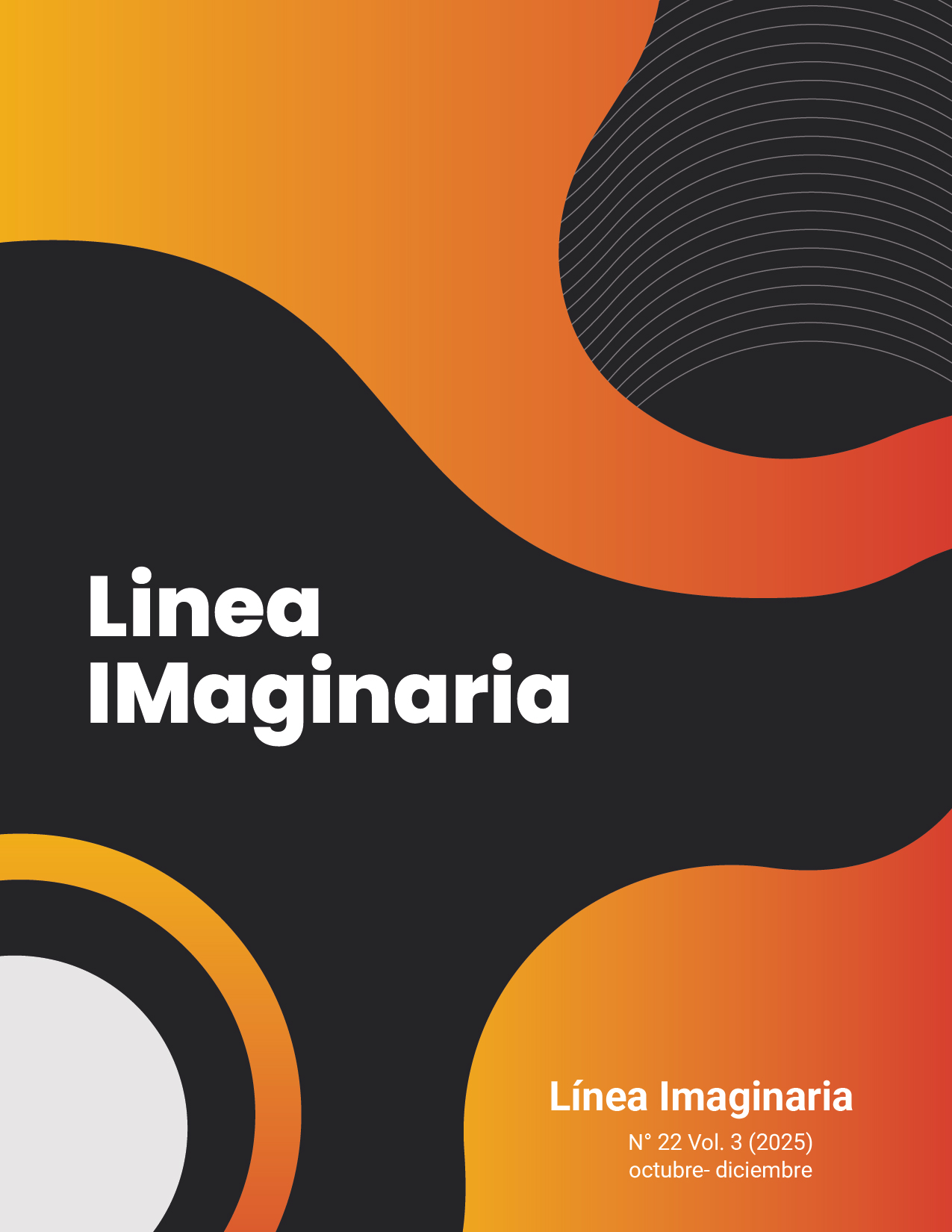BIENESTAR EMOCIONAL DEL DOCENTE Y SU INCIDENCIA EN LOS PROCESOS FORMATIVOS DE LOS ESTUDIANTES
DOI:
https://doi.org/10.56219/lneaimaginaria.v3i22.4659Palabras clave:
Ambiente escolar, Bienestar emocional, Desarrollo integral, Docente, Procesos formativosResumen
El bienestar emocional del docente es un factor esencial en los procesos formativos de los estudiantes, ya que influye en la dinámica del aula, el ambiente escolar y la calidad de la enseñanza. Este artículo analiza cómo el equilibrio emocional del maestro, más allá de la felicidad, impacta en su labor educativa, considerando la diversidad de emociones que experimenta dentro y fuera del aula. Se exploran los retos que enfrentan los docentes, incluyendo el manejo del estrés, la carga laboral y las relaciones interpersonales, y se proponen estrategias para fortalecer su bienestar, como el autocuidado, el apoyo institucional y el desarrollo profesional. Los resultados indican que un docente con estabilidad emocional contribuye a un entorno de aprendizaje más saludable, promoviendo una educación integral que abarca tanto los procesos formales como los no formales. En conclusión, garantizar el bienestar emocional del docente no solo beneficia su calidad de vida, sino que también optimiza los procesos educativos, favoreciendo el desarrollo integral de los estudiantes.
Descargas
Citas
Aloe, A. M., Shisler, S. M., Norris, B. D., Nickerson, A. B., & Rinker, T. W. (2014). A multivariate meta-analysis of student misbehavior and teacher burnout. Educational Research Review, 12, 30-44. DOI: https://doi.org/10.1016/j.edurev.2014.05.003
Day, C., & Gu, Q. (2010). The new lives of teachers. Routledge. DOI: https://doi.org/10.4324/9780203847909
Fredrickson, B. L. (2001). The role of positive emotions in positive psychology: The broaden-and-build theory of positive emotions. American Psychologist, 56(3), 218-226. DOI: https://doi.org/10.1037//0003-066X.56.3.218
Hakanen, J. J., Bakker, A. B., & Schaufeli, W. B. (2006). Burnout and work engagement among teachers. Journal of School Psychology, 43(6), 495-513. DOI: https://doi.org/10.1016/j.jsp.2005.11.001
Hargreaves, A. (2001). Emotional geographies of teaching. Teachers College Press.
Jennings, P. A., & Greenberg, M. T. (2009). The prosocial classroom: Teacher social and emotional competence in relation to student and classroom outcomes. Review of Educational Research, 79(1), 491-525. DOI: https://doi.org/10.3102/0034654308325693
Kyriacou, C. (2001). Teacher stress: Directions for future research. Educational Review, 53(1), 27-35. DOI: https://doi.org/10.1080/00131910124115
Maslach, C., & Leiter, M. P. (2016). Understanding the burnout experience: Recent research and its implications for psychiatry. World Psychiatry, 15(2), 103-111.
Ryan, R. M., & Deci, E. L. (2001). On happiness and human potentials: A review of research on hedonic and eudaimonic well-being. Annual Review of Psychology, 52(1), 141-166. DOI: https://doi.org/10.1146/annurev.psych.52.1.141
Seligman, M. E. P. (2011). Flourish: A visionary new understanding of happiness and well-being. Atria Books.
Skaalvik, E. M., & Skaalvik, S. (2017). Teacher stress and teacher self-efficacy: Relations and consequences. Educational Psychology, 37(8), 1201-1216. DOI: https://doi.org/10.1007/978-3-319-53053-6_5
UNESCO. (2019). Docentes y bienestar: Desafíos y oportunidades en la educación mundial.
Esclarín, A. (2006). La educación en la felicidad. Caracas: San Pablo.
Goleman, D. (1996). Inteligencia emocional. Barcelona: Kairos.
Hargreaves, A. (2001). Emotional geographies of teaching. Teachers College Press. DOI: https://doi.org/10.1111/0161-4681.00142
Maslach, C., & Leiter, M. P. (2016). Understanding the burnout experience: Recent research and its implications for psychiatry. World Psychiatry, 15(2), 103-111. DOI: https://doi.org/10.1002/wps.20311
Savater, F. (1991). Ética para Amador. Madrid: Ariel.
Descargas
Publicado
Cómo citar
Número
Sección
Licencia

Esta obra está bajo una licencia internacional Creative Commons Atribución-NoComercial-CompartirIgual 4.0.
La revista Línea Imaginaria conserva los derechos patrimoniales (copyright) de las obras publicadas, que favorece y permite la reutilización de los mismos bajo la licencia Creative Commons Atribución-NoComercial-CompartirIgual 4.0 , por lo cual se pueden copiar, usar, difundir, transmitir y exponer públicamente, siempre que se cite la autoría y fuente original de su publicación (revista, editorial, URL y DOI de la obra), no se usen para fines comerciales u onerosos y se mencione la existencia y especificaciones de esta licencia de uso. Si remezcla, transforma o crea a partir del material, debe distribuir su contribución bajo la misma licencia del original.















